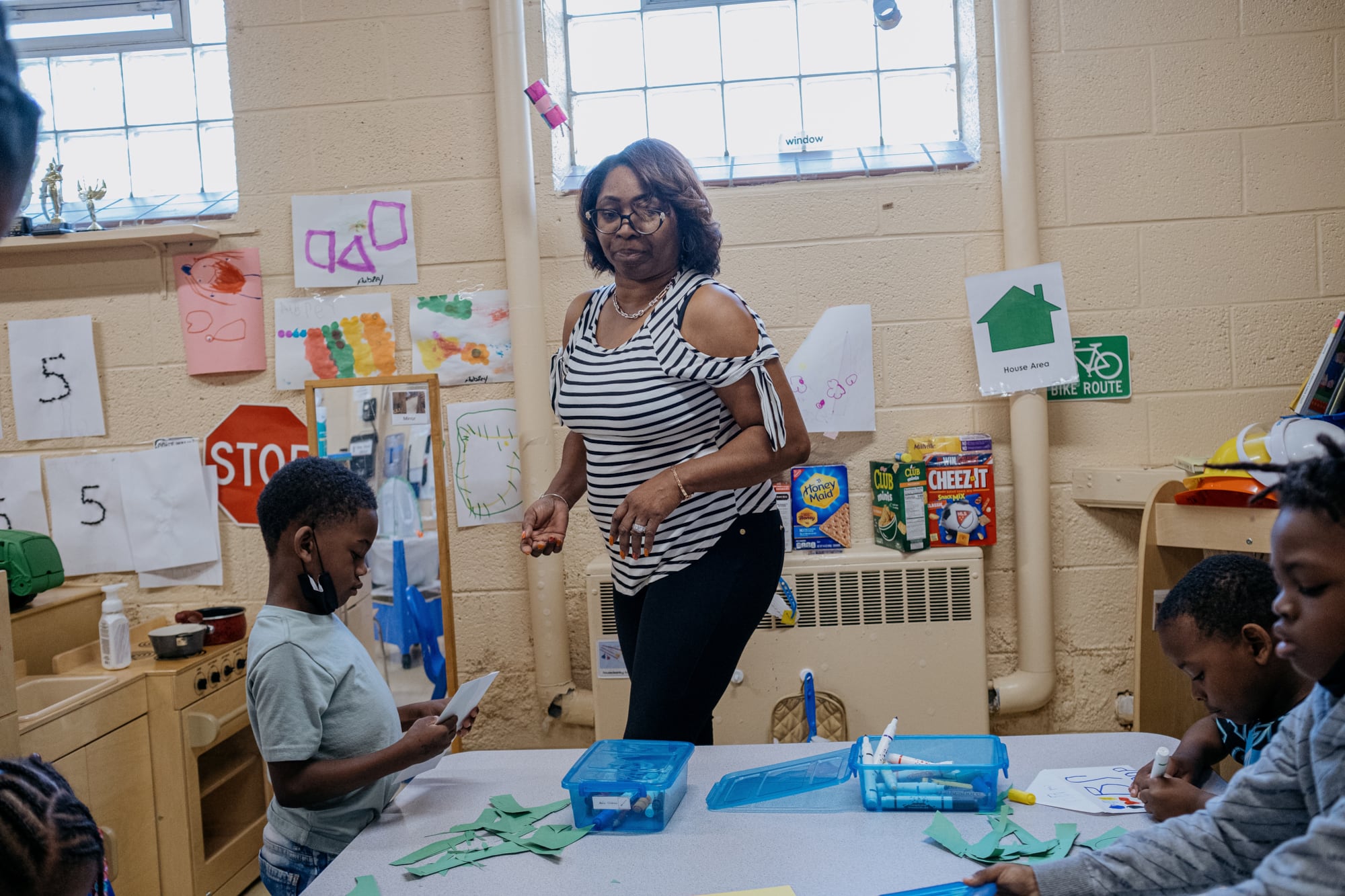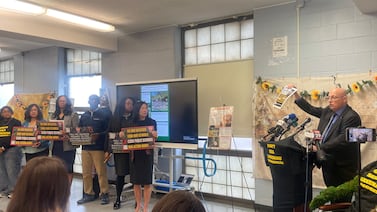Sign up for Chalkbeat Detroit’s free daily newsletter to keep up with the city’s public school system and Michigan education policy.
A bill that would close a gap to allow Michigan student teachers at public preschool programs to get future state educator stipends advanced last week.
The way the law is currently written, only future educators who complete their required student teaching year in a public school district or at a charter school are eligible to receive a $9,600 stipend each semester.
A future educator doing their student teaching at a preschool that is not affiliated with a district, such as a Great Start Readiness Program preschool or a university-based preschool, can’t get the funding.
As Gov. Gretchen Whitmer plans to expand free preschool to all 4-year-olds in the state regardless of income, early childhood educators say the stipend program is essential to growing professionals in their field.
Sen. Stephanie Chang, a Democrat from Detroit who introduced the bill, said professors at Wayne State who were concerned about losing student teachers brought the stipend eligibility gap to her attention.
“It’s critical that this change be made so that these quality preschool programs and our children do not lose on this great talent as we are trying to keep teachers here at Michigan,” said Chang during the Senate Education Committee’s hearing on the bill.
Christine Hancock, an early childhood education faculty member at Wayne State, said during the hearing that the university is at risk of having to remove its preschool center as a student teaching site because of the stipend gap. Student teachers there aren’t currently eligible for it.
“This has real consequences for our students and for early childhood education across Michigan,” she said.
The bill, which was introduced last month, was reported favorably by the Senate Education Committee on Oct. 23. It will now head to the Senate for a vote.
Early childhood educators have long spoken about how the ongoing teacher shortage is impacting their ability to hire staff. Some experts have said the lack of qualified teachers to work in prekindergarten classrooms may hinder the state’s plan to expand free preschool for all at an accelerated rate.
Student teaching positions, which are required for educators to receive their teaching certification, can be paid or unpaid. Unpaid positions can create financial burdens and barriers for people to become teachers. The stipend program was created to support future educators who are working full-time supervised student teaching hours without pay at public school districts.
The bill would not cost the state anything, according to a Senate fiscal analysis. If passed, it would take immediate effect.
Hannah Dellinger covers K-12 education and state education policy for Chalkbeat Detroit. You can reach her at hdellinger@chalkbeat.org.






